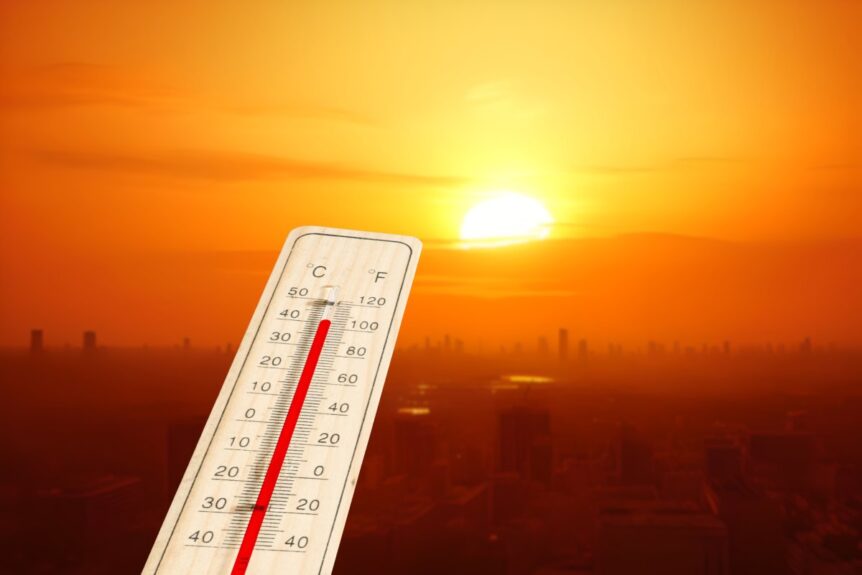And yet, outdoor laborers continue battling 90+ degrees heat while awaiting a bill to protect them from heat injuries “before workers die”.
A Sizzling State
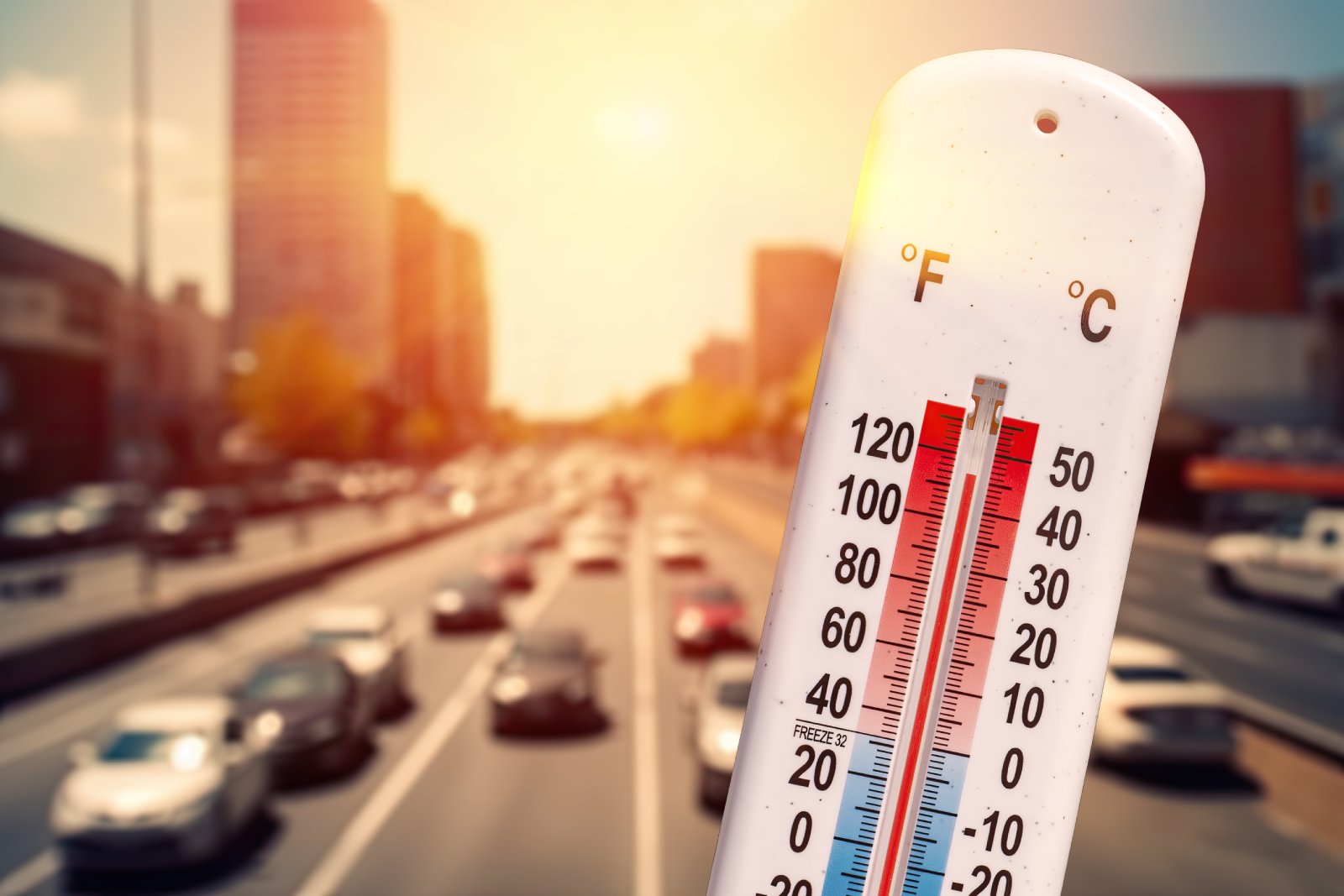
Image Credit: Shutterstock / Marc Bruxelle
Climate Central, a climate research nonprofit, recently conducted a study on how the rising heat is affecting Americans.
The result? New Jersey is officially the fastest-warming state in the entire Northeast United States (and the third-fastest warming one in the country) – but climate change is just one of the reasons.
Blame the Buildings
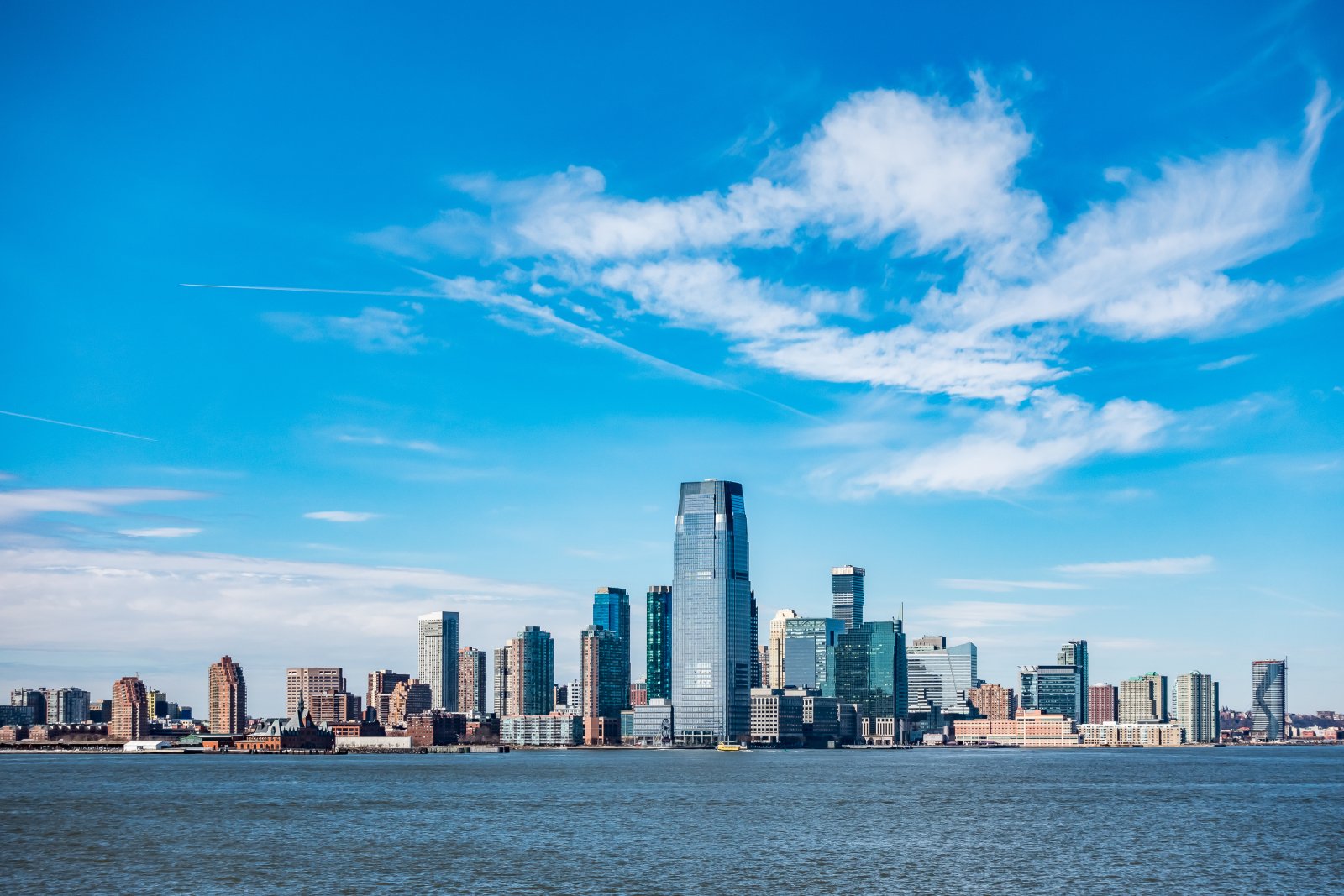
Image Credit: Shutterstock / Clari Massimiliano
According to Shel Winkley, a meteorologist with Climate Central, New Jersey’s various urban areas, like Trenton, have a lot of concrete and asphalt, which absorb plenty of heat.
Getting Warmer

Image Credit: Shutterstock / pingpongcha_photo
“That only takes what would’ve been a hot day, and then we top that with the temperatures that have become hotter because of climate change,” Winkley stated.
“Then the last layer on top of that is the urban development”.
What’s Driving the Heat?
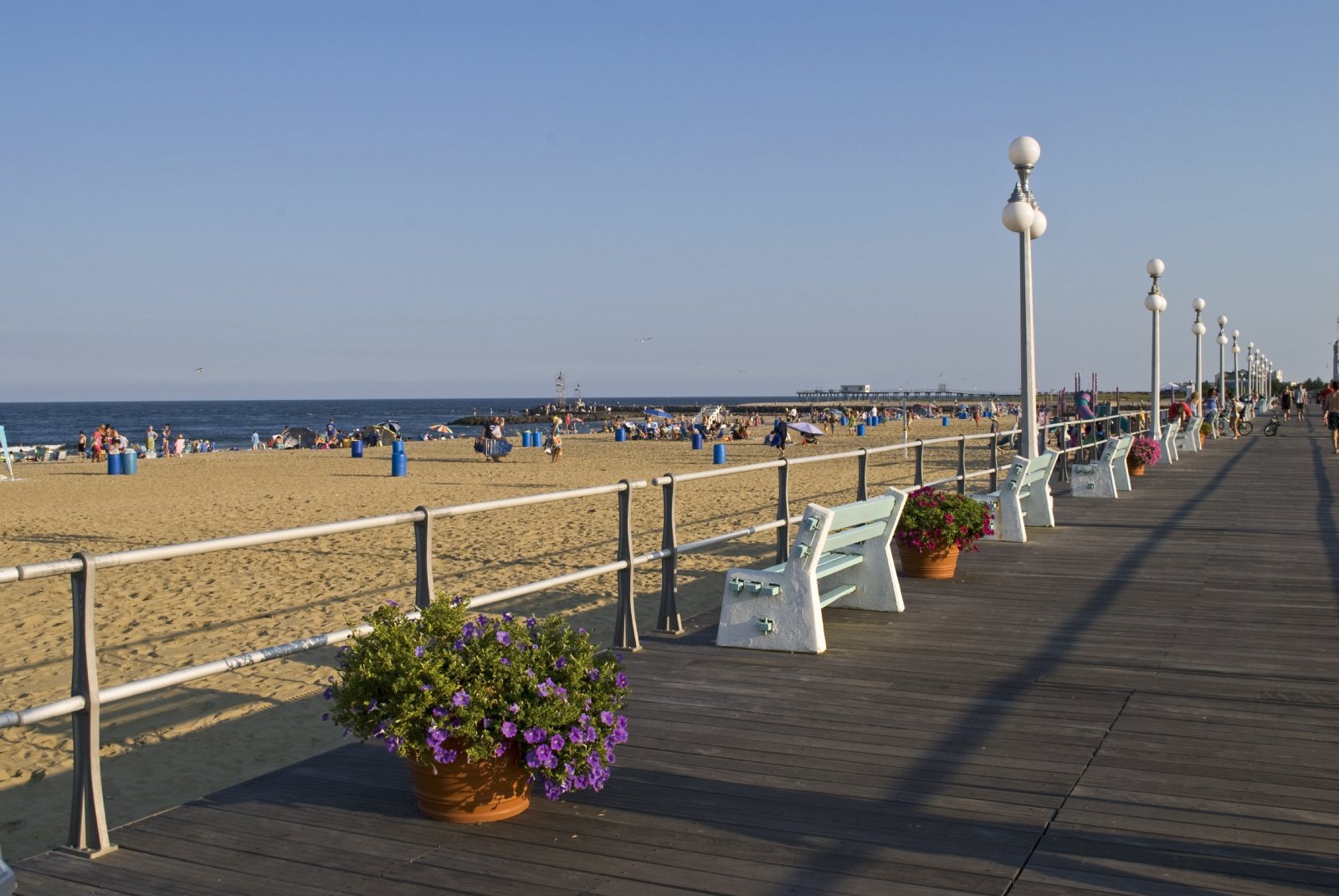
Image Credit: Shutterstock / Andrew F. Kazmierski
The Jersey Shore, according to Winkley, is also heating up.
“You have warmer sea surface temperatures [that] adds more humidity, more moisture to the air,” Winkley said. “That makes that temperature come up, and it also helps to make it harder to cool down at night”.
Location Counts

Image Credit: Shutterstock / Song_about_summer
As per a spokesman for the Department of Environmental Protection, which published a 2020 report that also emphasized the state’s rising heat, New Jersey is also warming up faster than its neighboring states due to its location at the southern end of the Northeast region, and because of its built-up cities.
A Heat Island?
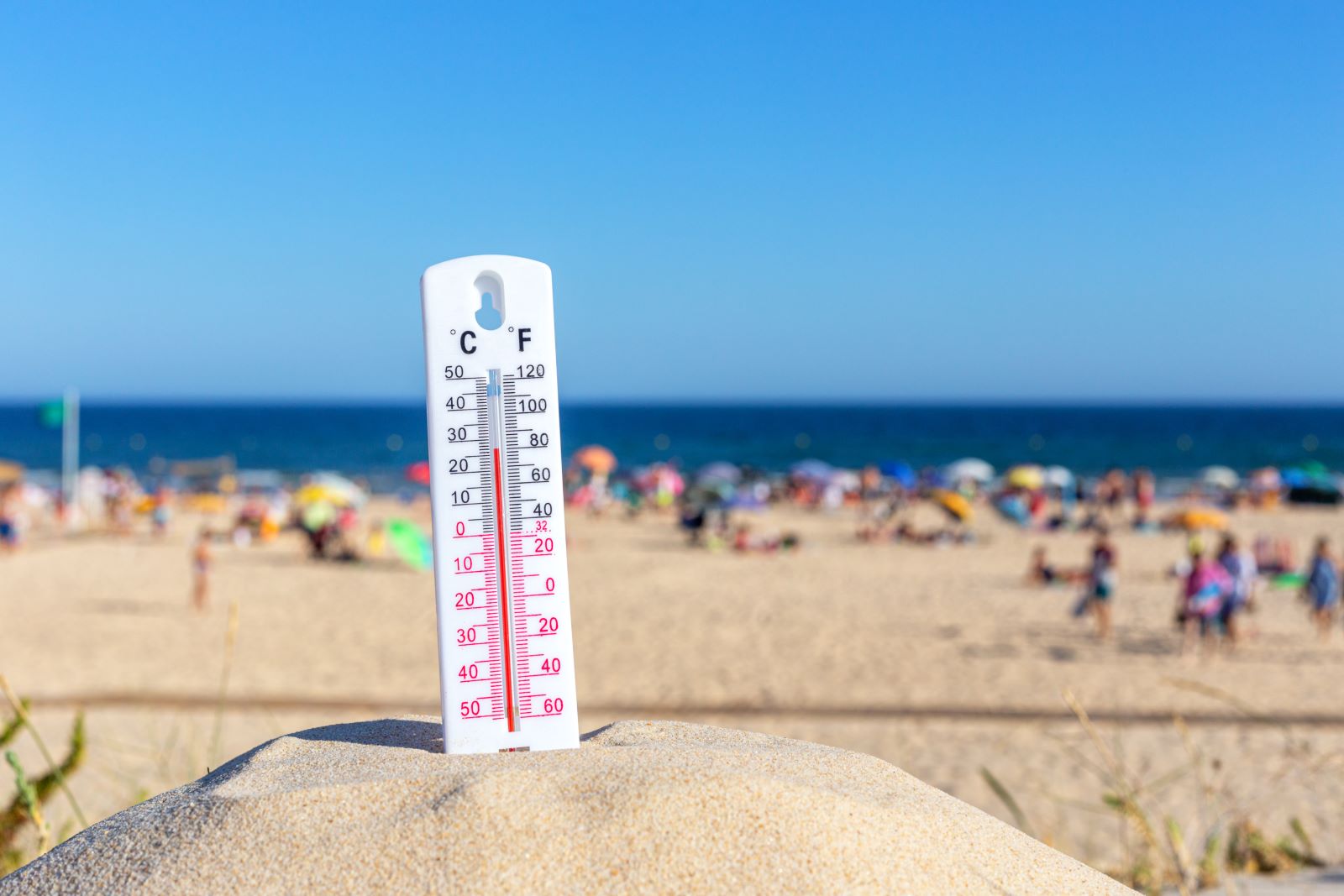
Image Credit: Shutterstock / Serhiy Stakhnyk
He added: “Importantly, land use patterns and development density in the state make for conditions that set up an urban heat-island effect”.
How Does It Work?

Image Credit: Shutterstock / Ground Picture
According to the heat-island phenomenon, the concrete and asphalt of cities are responsible for soaking up heat, warming them up a few degrees higher than surrounding regions.
To name an example, Newark, the most populated city in New Jersey, can soar to 100 F during summer, while other areas in the state remain in the 90s.
That’s Not All
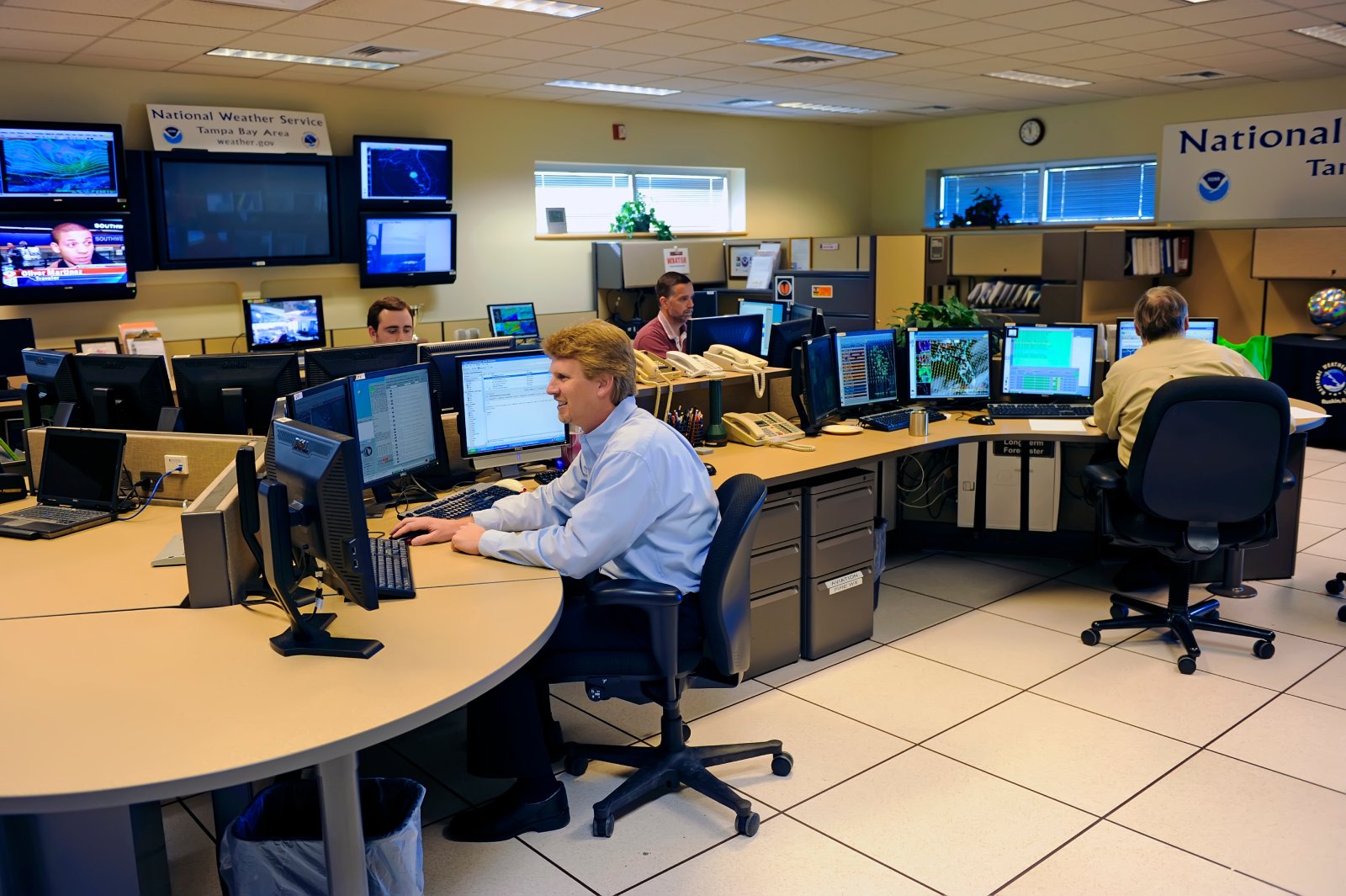
Image Credit: Shutterstock / Dennis MacDonald
The study also found that New Jersey, along with the Northeast, will not only continue to experience more heatwaves similar to last month’s, but also worsening floods and storms.
A Hub for Global Warming
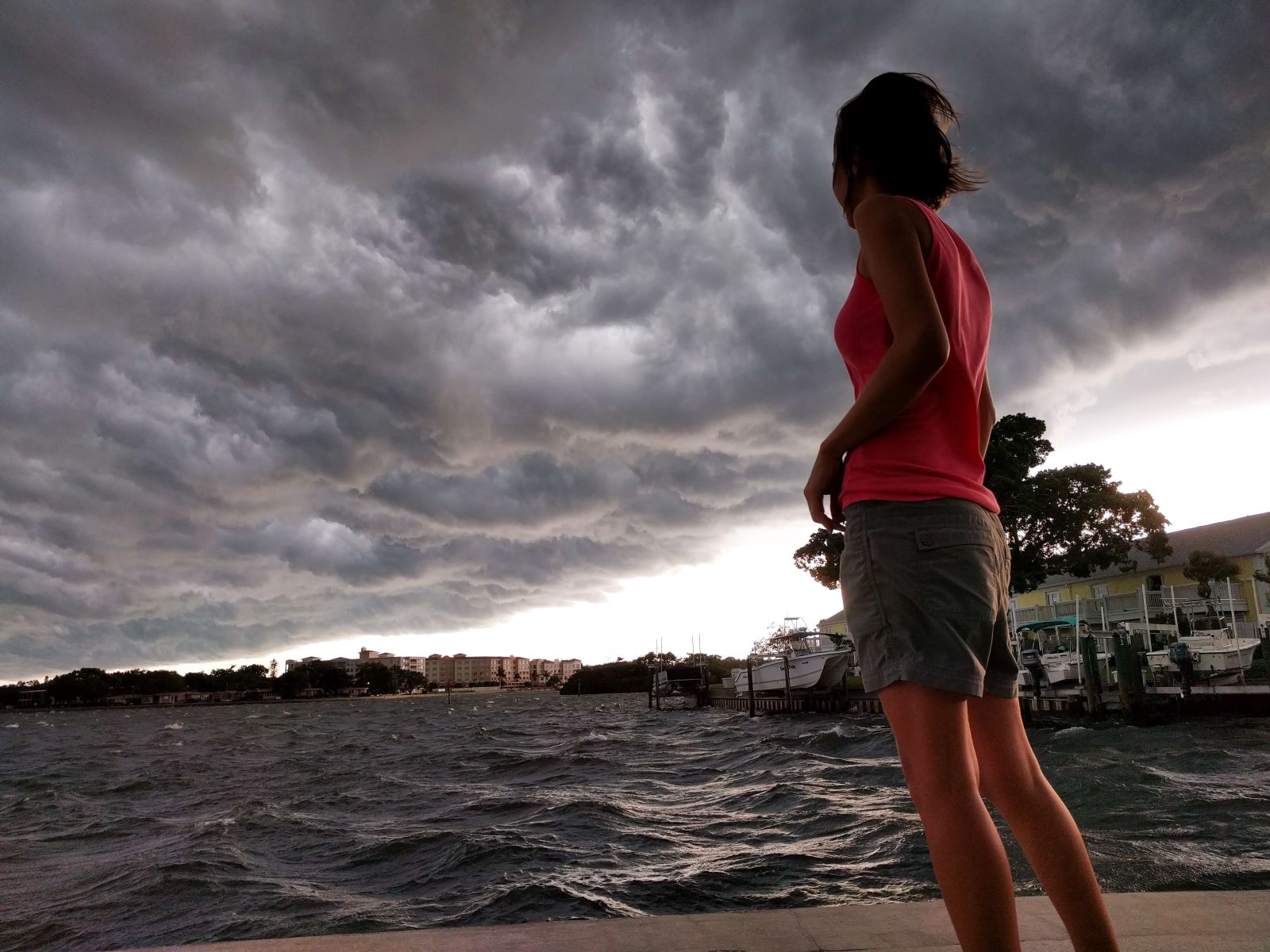
Image Credit: Shutterstock / Hayden Dunsel
The Commissioner of New Jersey’s Department of Environmental Protection, Shawn M. LaTourette, claims “New Jersey is ground zero for some of the worst impacts of climate change, including extreme heat and considerable increases in flood risk”.
The Scorching State
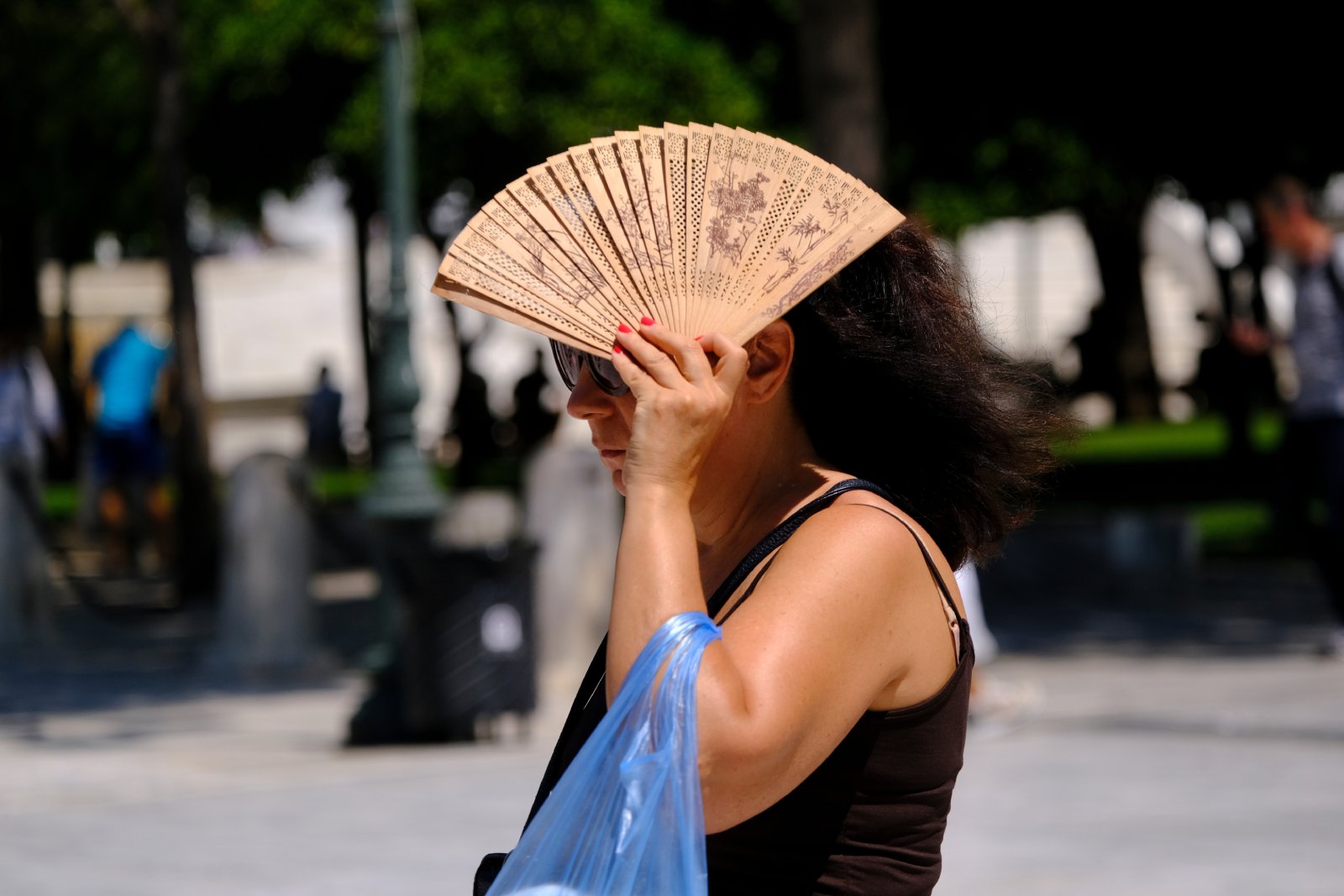
Image Credit: Shutterstock / Alexandros Michailidis
Average annual temperatures across the US have climbed by about 2.5 degrees since 1970.
New Jersey, however, has sizzled up to 3.5 degrees, according to Lauren Casey, a meteorologist with Climate Central, the nonprofit organization that collected the temperature data.
But Who’s Warmer?
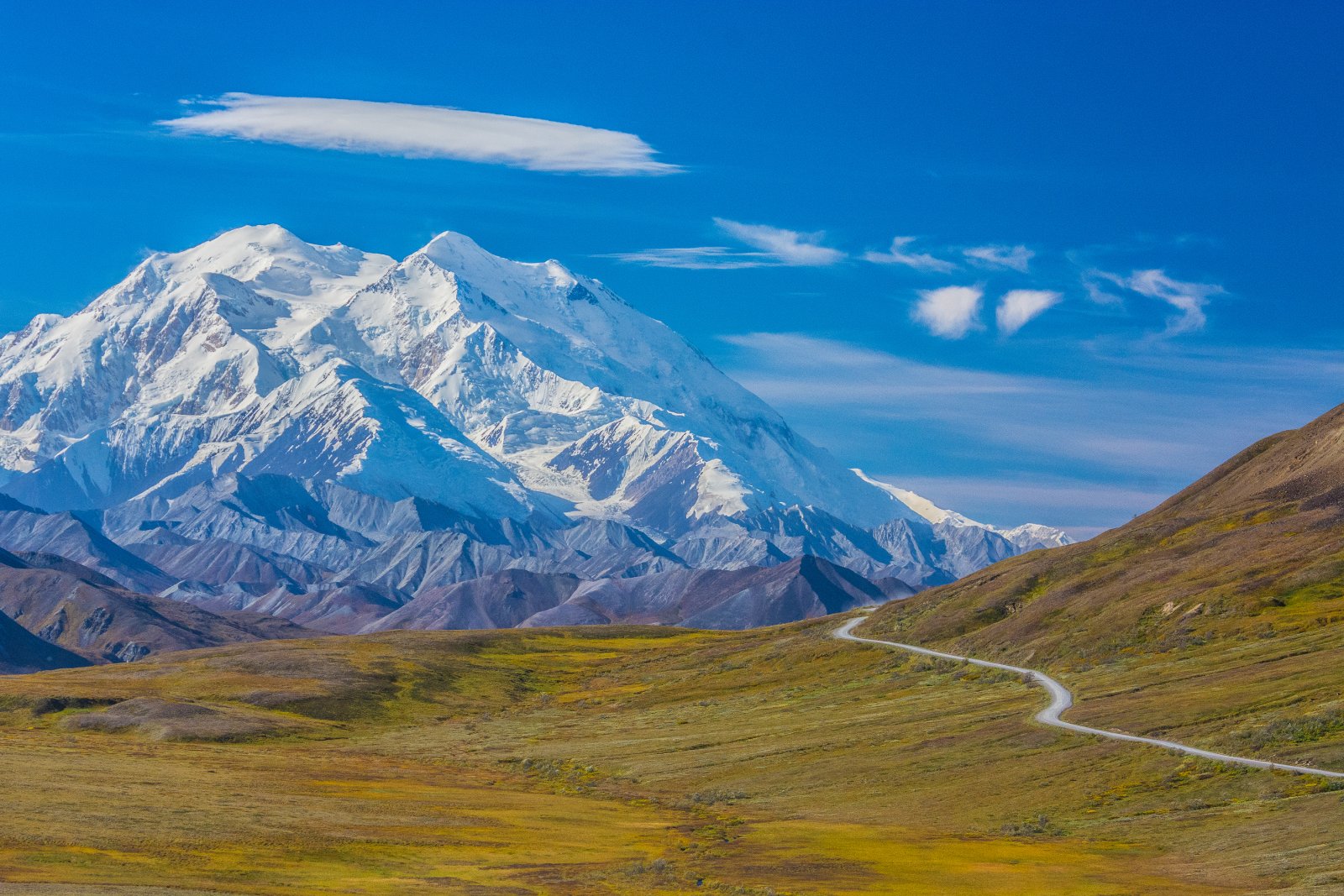
Image Credit: Shutterstock / Colnago 95310
With New Jersey ranking as Climate Central’s third-fastest warming state, Delaware’s 3.6-degree increase between 1970 and last year secures it in second place.
And first place? That goes to Alaska, which experienced a boost of more than 4 degrees. Keep in mind that Alaska extends into the Arctic, which is experiencing rapid snow- and sea-ice loss.
What To Do?

Image Credit: Shutterstock / VesnaArt
As Winkley says, the jackpot goal is to lower carbon emissions in cars, homes, and factories. In the meantime, some short-term solutions would be to invest in more green space and plant more trees.
Cool Indoors

Image Credit: Shutterstock / insta_photos
The Mayor of Trenton, Reed Gusciora, also wants to implement enough interior spaces for people to cool off.
“It’s really important that we open our recreation centers, our libraries, and our senior centers so that folks will have a respite and they can come and find a cool place,” Gusciora said.
Other Hot Spots
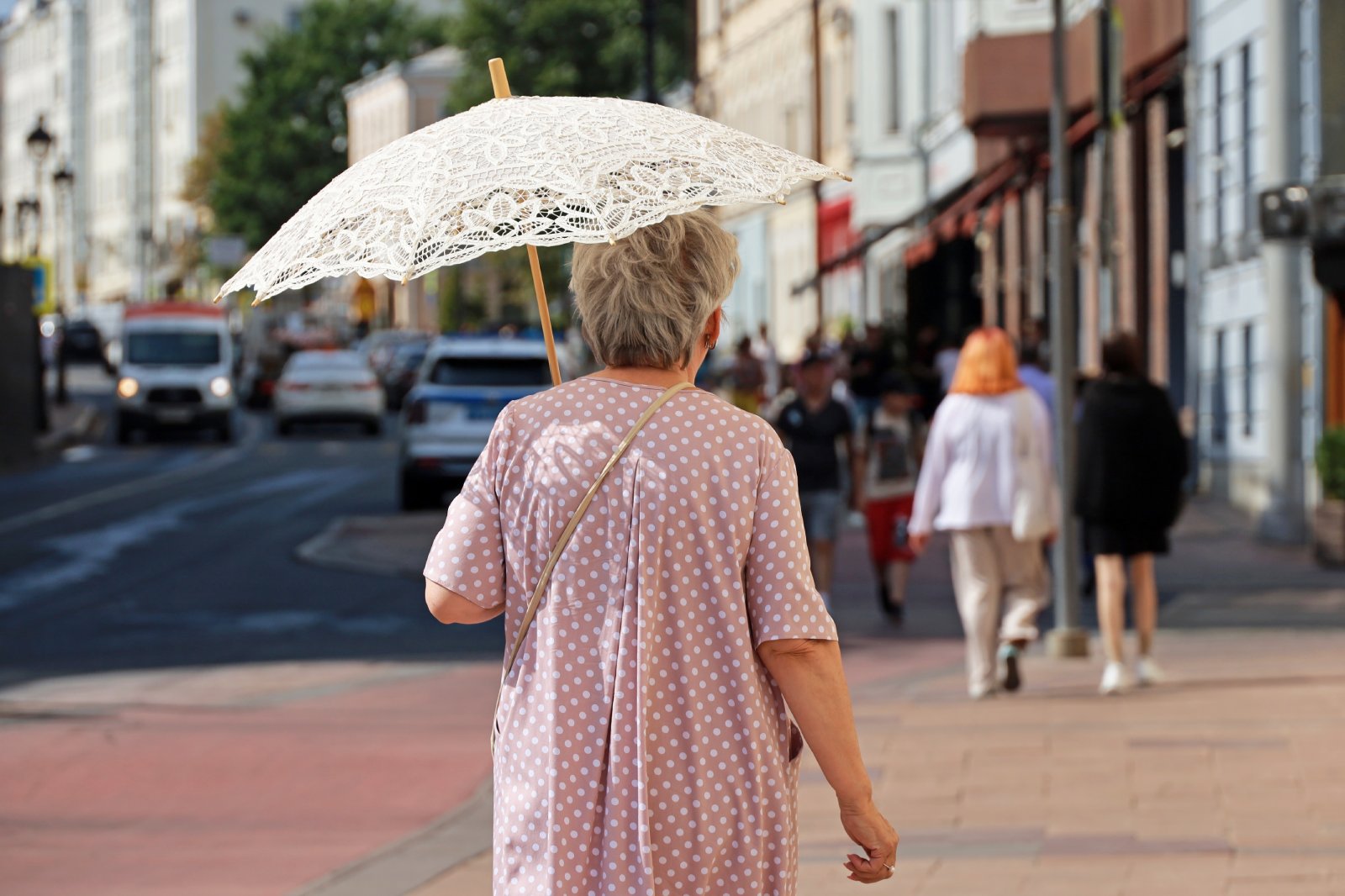
Image Credit: Shutterstock / Oleg Elkov
As the data from Climate Central proves, the Northeast has the country’s fastest warming collection of states.
Along with New Jersey, Massachusetts, Rhode Island, Connecticut, Vermont, New Hampshire, and Maine are all included in the top 10, with New York coming in 11th.
Getting Hotter
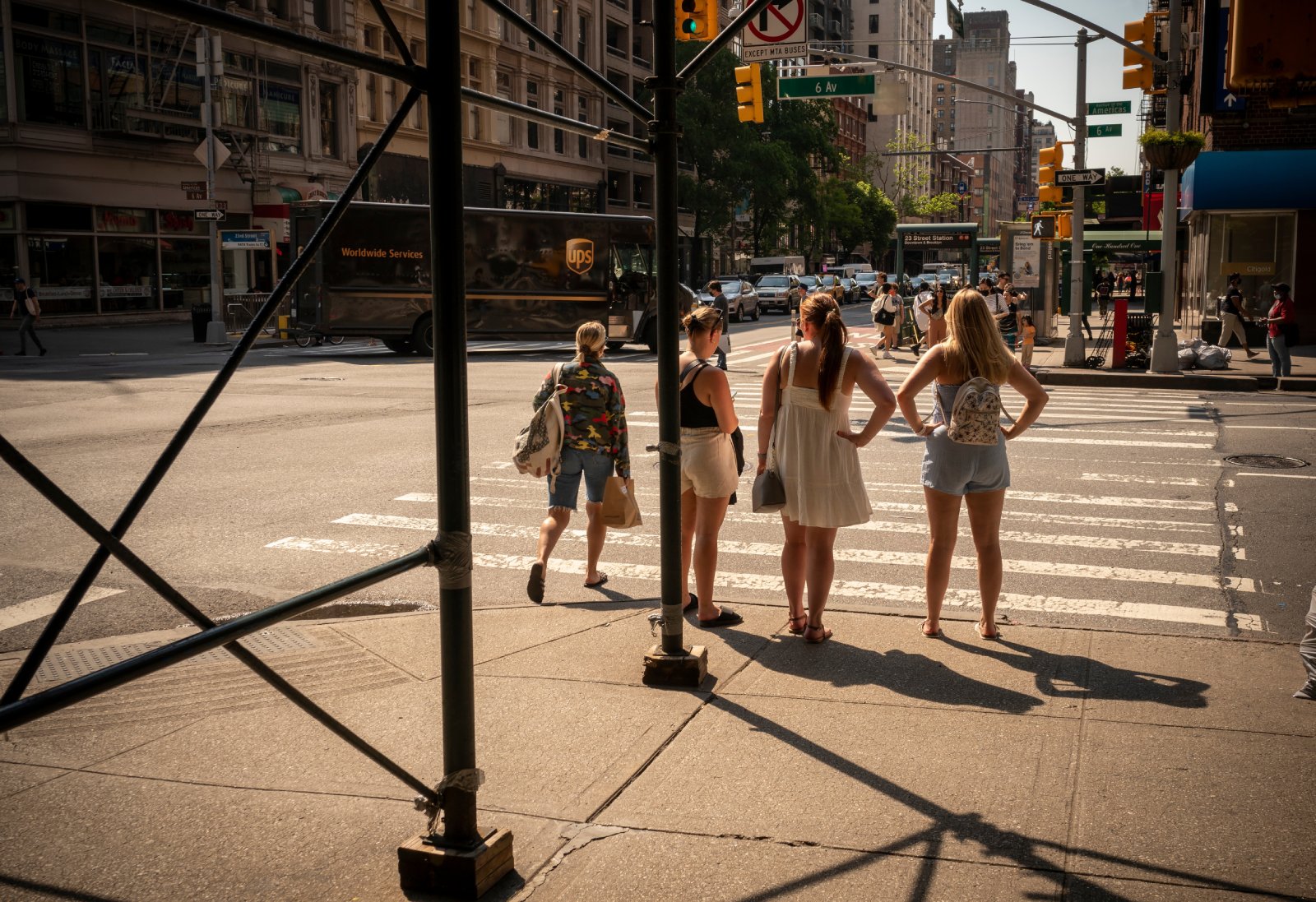
Image Credit: Shutterstock / rblfmr
All these areas have experienced temperature jumps higher than 3 degrees. In fact, they are warming up at a more rapid pace than other sizzling states like Arizona and Texas.
No Relief in Sight
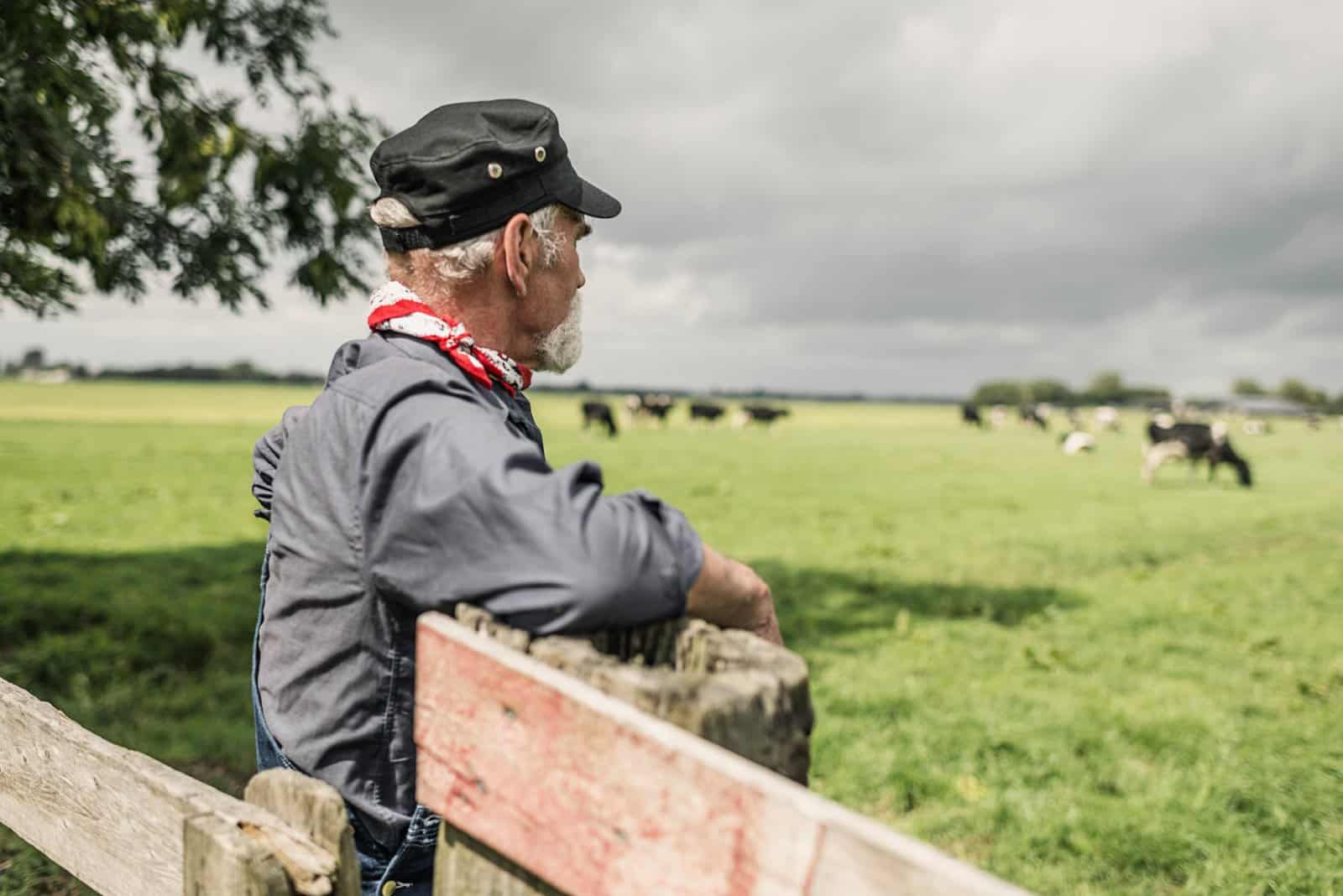
Image Credit: Shutterstock / Ysbrand Cosijn
But although temperatures in New Jersey have exceeded 90 F, along with hectic humidity levels several times in the last week, there doesn’t seem to be any relief ahead for construction- and farm workers and other laborers working outside.
Too Late

Image Credit: Shutterstock / slexp880
This is due to labor groups failing to get the Legislature to pass a bill to enact protection for these workers before lawmakers left Trenton for a summer break.
According to Sara Cullinane, executive director of immigrant and labor advocacy organization Make the Road New Jersey, legislators must regroup and finalize it “before more workers get sick”.
The People Matter

Image Credit: Shutterstock / Kristi Blokhin
Cullinane claims “As the climate crisis escalates in New Jersey, and in the face of federal uncertainty, New Jersey lawmakers must take action now to protect workers’ lives by passing a common-sense heat standard in New Jersey this summer”.
Will It Happen?

Image Credit: Shutterstock / Stock-Asso
A rule to protect workers from heat-related injuries, illnesses, and deaths has been proposed by the Biden administration, yet it could be years before it gets implemented.
And if a new US Supreme Court decision on federal regulations gets in the way, that rule won’t see the light of day.
Clever Planning

Image Credit: Shutterstock / Sergey Nivens
Antonio De Loera-Brust, of California-based United Farm Workers, summed it up nicely: “I think it would be fantastic for New Jersey to get a law done before workers die, rather than in the wake of it”.
Oil Dumping Scandal Rocks Ships Heading to New Orleans

Image Credit: Shutterstock / Aerial-motion
Two shipping companies have been fined after knowingly hiding a large oil spill in the Atlantic Ocean. Oil Dumping Scandal Rocks Ships Heading to New Orleans
20 Eye-Opening Realities Facing Retiring Baby Boomers

Image Credit: Shutterstock / Jack Frog
As Baby Boomers approach retirement, the promise of leisure and security often seems unattainable. This generation faces unique challenges that could redefine retirement. Here’s a stark look at the realities shaping their outlook. 20 Eye-Opening Realities Facing Retiring Baby Boomers
Retail Apocalypse: Massive Closures Sweep Across U.S. Brands

Image Credit: Shutterstock / Tada Images
Stores across the U.S. are closing at unprecedented levels, according to new research from advisory firm Coresight Research. Read on for more information about the impact this could have on you and your communities. Retail Apocalypse: Massive Closures Sweep Across U.S. Brands
Featured Image Credit: Shutterstock / Bartolomiej Pietrzyk.

